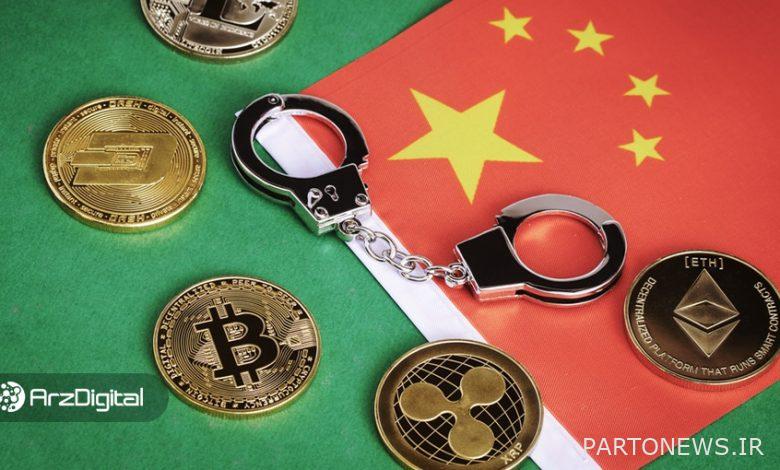Some Chinese digital currency platforms continue to operate despite severe bans in the country

China’s domestic media have recently reported that some exchange offices and other Chinese digital currency platforms continue to provide services to their users, despite severe restrictions in the country.
to the Report Crypto News, a Chinese government-affiliated organization, has published evidence that some digital currency websites continue to provide services in the country. These businesses continue to buy and sell digital currency, raise capital with tokens such as Bitcoin and Atrium, and spread news about digital currencies from within China.
Recent statements by the People’s Bank of China and other government agencies have “made it clear that the activities of digital currency businesses are classified as illegal financial activities” and individuals, according to a report released by China’s state-run Xinhua news agency. “For foreign exchange offices that produce or publish digital currency, they must be held accountable in accordance with the law.”
Xinhua News Agency claims that there is evidence that some Chinese domestic websites are still promoting the digital currency industry, often doing so by covering the Chinese blockchain and Metavars-related activities.
Some websites are also active in the field of digital currency education and holding online or in-person events. Xinhua says the purpose of these events is to attract more traffic and audiences to foreign businesses operating in the field of digital currency.
The agency cites several examples of websites that collect news about digital currency projects from around the world and provide training on trading and market forecasting using practical methods.
Another example is websites that work in the field of “user authentication” and allow traders to access foreign platforms and be able to buy and sell digital currency.
According to Xinhua, some of these websites publish links to online meetings of digital currency project managers, in effect holding an online meeting for well-known figures in the digital currency space. Apparently, these media also publish articles to promote new and popular digital currency projects.
Xinhua News Agency quoted an expert as saying:
Ever since the collision [مقامات] With digital currency transactions in 2017, platforms active in the field of issuing and buying and selling digital currencies that were present inside China left the country, and [برخی هم] They stopped their activities. However many websites and [گروههای شبکههای اجتماعی] Digital currencies are still active.
The agency says there is evidence that these websites are asking their visitors to pay several hundred dollars to buy a subscription. Apparently, some of them are asking users to help pay for the website by paying digital currency.
“Deng Jianpeng, a professor at the Faculty of Law at China Central University of Finance and Economics, says:
If a website [داخلی] Advise its users to invest in digital currencies, which can be accused of violating the law.
The People’s Bank of China, along with several other regulators, recently issued a joint statement signed by several ministries. The statement warned that those who provide “marketing, advertising, payment and technical support” services to foreign digital currency trading platforms would be prosecuted in accordance with the law.
Xinhua concluded that the austerity measures should extend to social networks, messengers such as WeChat, Weibo and other related platforms.

